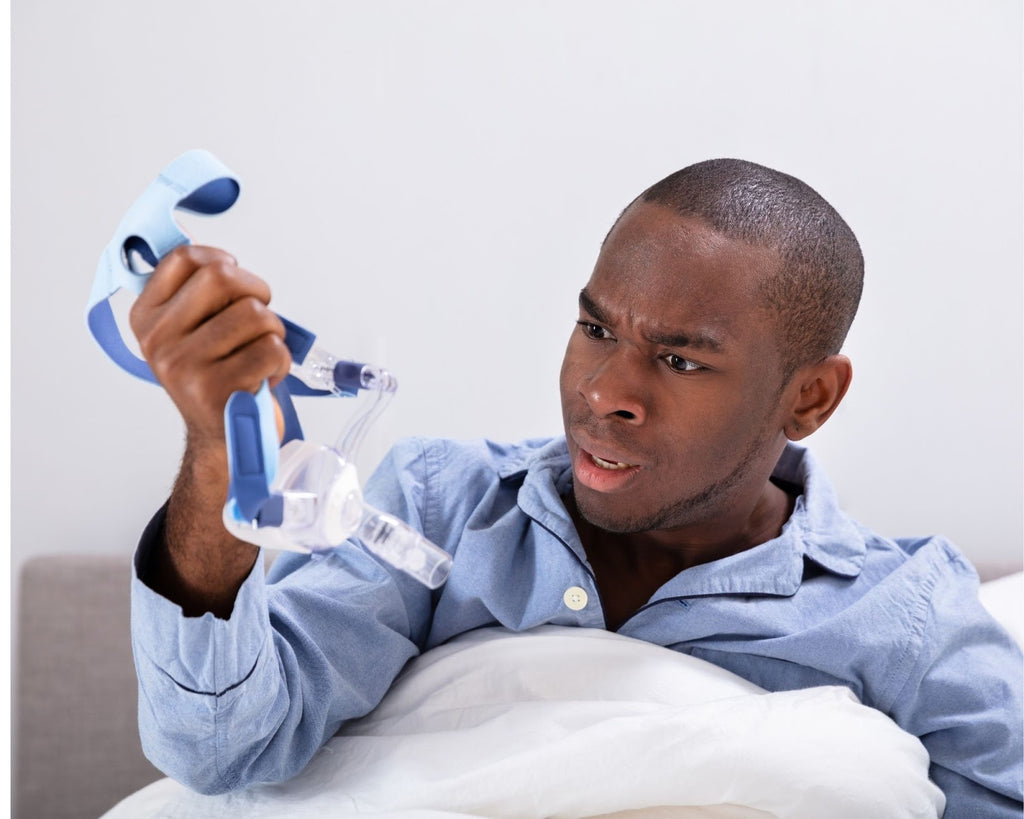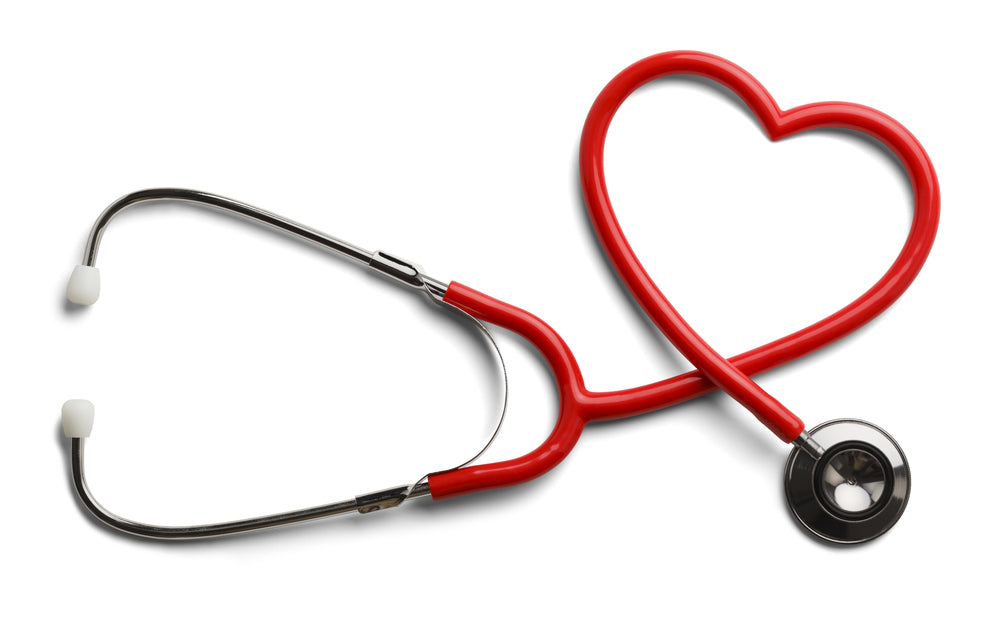Repairing A Broken CPAP
There’s no better feeling than a good night’s sleep — but if you’re suffering from sleep apnea, you know how hard that is to come by. Continuous positive airway pressure (CPAP) is an effective treatment option that makes it easier to breathe consistently throughout the night and prevents your airways from closing and becoming blocked. If you’re still experiencing sleep apnea symptoms, there might be a problem with your CPAP machine. But before you can repair your breathing equipment, you need to know what problem you’re dealing with. Signs Your CPAP Machine Is Broken Here are some common indicators that...
CPAP Boosts Physical Activity In Adults With Sleep Apnea, Heart Disease
Those diagnosed with sleep apnea have a much higher risk of developing heart disease. Because of the increased risk, the sleep apnea patient must take action to lead a healthier lifestyle to fight against high blood pressure and heart disease. Engaging in regular physical activity is an easy way to encourage a healthier lifestyle. But when sleep apnea leaves you feeling tired and unrested after a full night’s sleep, the last thing on your mind is getting physical activity. A recent study conducted by the Sleep Apnea cardioVascular Endpoints (SAVE) found that treating obstructive sleep apnea (OSA) with continuous positive...
Mood Disorders Brought On By Obstructive Sleep Apnea
Not getting enough sleep can affect anyone’s mood, making you irritable, anxious, or even cranky. After enough time goes by, the lack of a good night’s sleep can negatively impact your overall quality of life. But did you know that obstructive sleep apnea can affect more than that? Mood disorders, such as depression and anxiety, can be brought on or heightened by sleep apnea. To better understand the link between obstructive sleep apnea and mood disorders, ApneaMed explains what sleep apnea is and uncovers the findings from a recent study by JAMA Otolaryngology-Head & Neck Surgery. What Is Obstructive Sleep...
CPAP Machines Lead To Lower Heart Rates, Risk of Cardiovascular Disease
Did you know that individuals diagnosed with obstructive sleep apnea have a much higher risk of developing heart disease? To improve the overall health of sleep apnea patients, researchers have been exploring methods to reduce the risk of cardiovascular disease — including CPAP therapy. A recent study published by the Journal of the American Heart Association concluded that treating obstructive sleep apnea (OSA) with continuous positive airway pressure (CPAP) therapy reduced the patients’ daytime resting heart rate by about 4.1 fewer beats per minute — helping to promote healthy cardiovascular activity, and as a result, lowering the risk of cardiovascular...
Why Nocturia Patients Need To Learn About Sleep Apnea
Getting up in the middle of the night to go to the bathroom each night is normal, right? What if we told you that there could be other causes to this midnight urge to use the bathroom beyond a high fluid intake before bedtime? Medically, the urge to urinate that wakes you each night is known as nocturia, primarily if it happens multiple times. Nocturia may not be an issue for everyone, same as sleep apnea may not be an issue for everyone. But in many cases, sleep apnea and nocturia go hand in hand. Meaning, many nocturia patients may...





